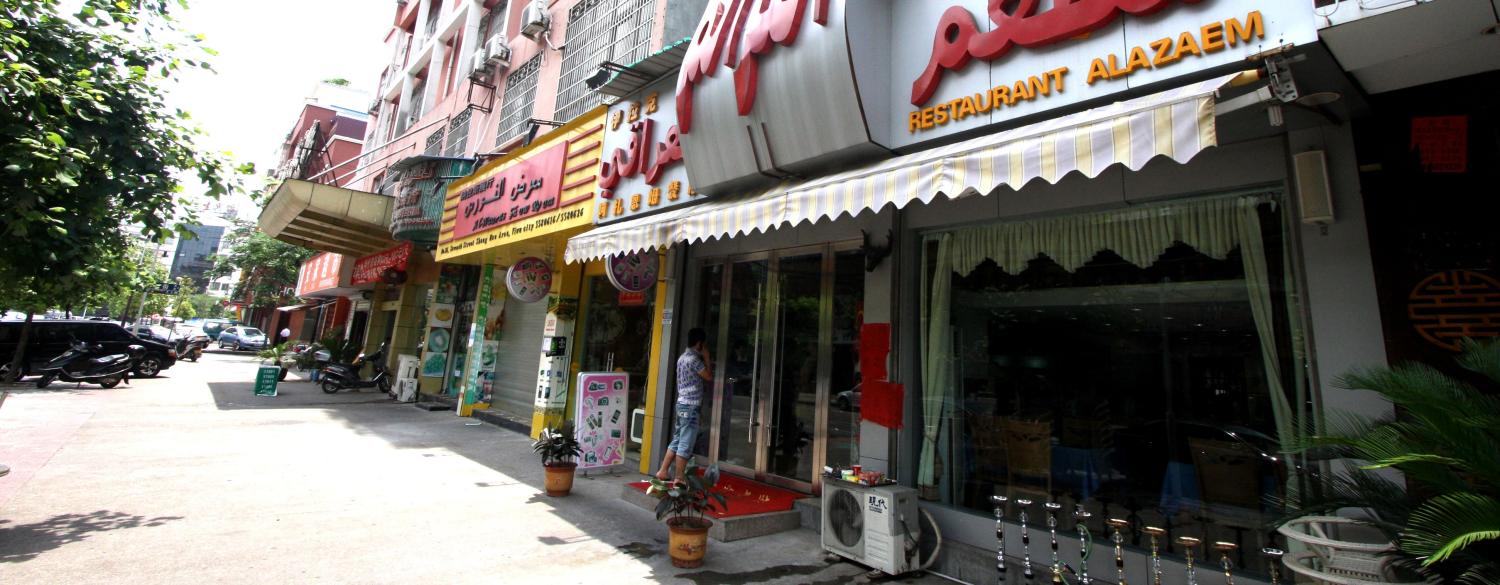By Rachael Buckland, an intern with the Lowy Institute's Migration and Border Policy project.
- Listen to Oxford University’s Forced Migration Review podcasts on refugee resettlement practices around the world.
- Writing for The Guardian, Helen Roxburgh examines urban migrant experiences in Yiwu, China.
- The Lowy Institute’s Dr Jiyoung Song and Neil Cuthbert have released a working paper on the removal of failed asylum seekers in Australia.
- UNICEF has praised new Italian ‘Zampa’ law designed to protect unaccompanied refugee and migrant children.
- Writing for Foreign Policy, Alice Su reflects on Hamzeh al-Hussein’s work with disabled refugee children in Zaatari Camp, Jordan.
- UNHCR estimates over 60,000 South Sudanese refugees arrived in bordering countries in the first three months of 2017.
- With US Attorney General Jeff Sessions recently announcing intentions to impose law enforcement funding penalties, US ‘Sanctuary Cities’ met to coordinate a response to undocumented migrant reporting requirements. CFR has a backgrounder on immigration in the US.
- Writing for Brookings Institute, Gordon Hanson, Chen Liu and Craig McIntosh explore the reasons behind the decline of low-skilled migration to the US.
- IOM’s MECLEP has released a comparative report analysing the impact that migration, displacement and planned relocation have on adaptation to environmental and climate change.

